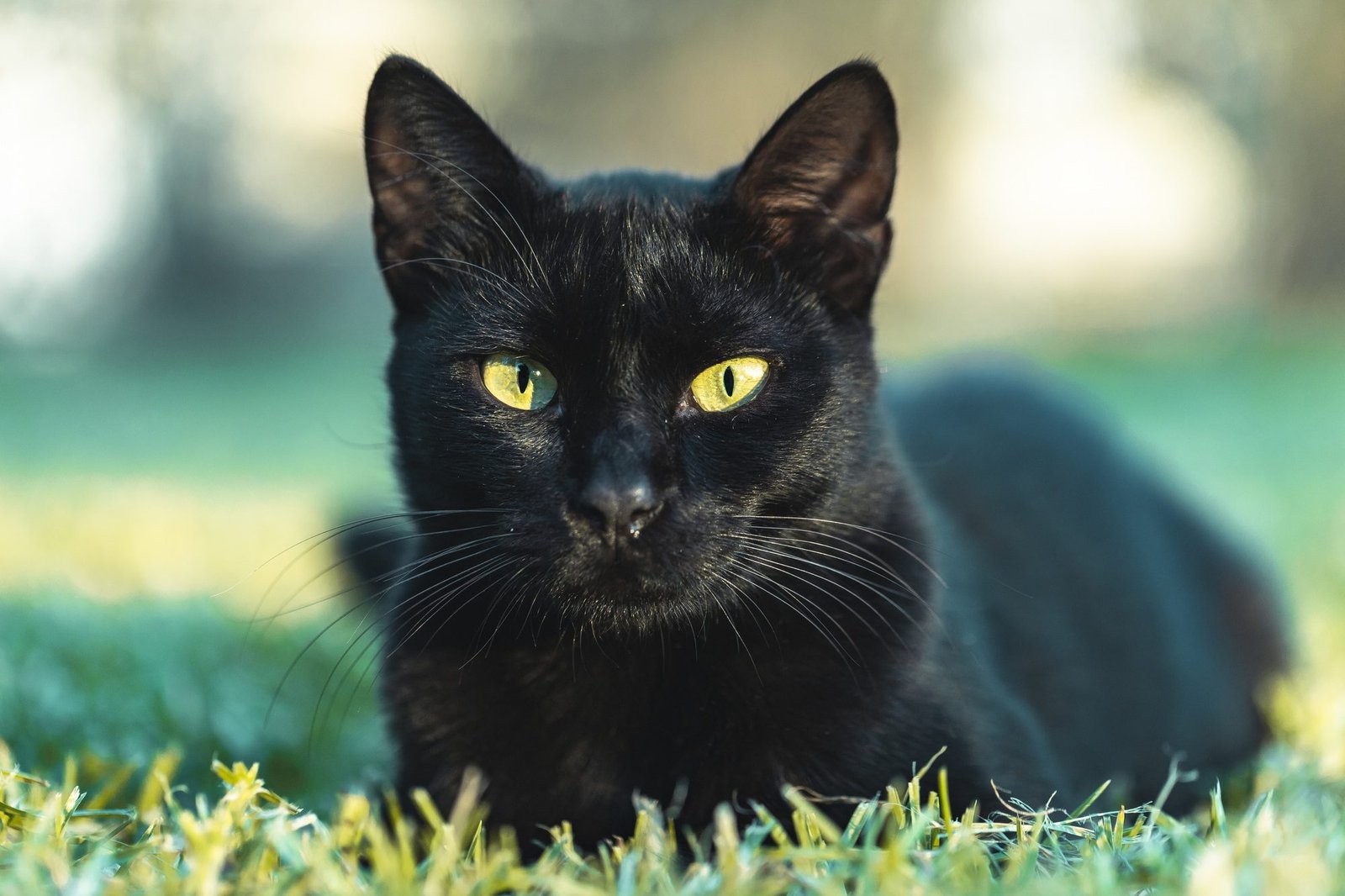Most Intelligent Cat Breeds and Their Unique Traits
Most Intelligent Cat Breeds and Their Unique Traits Cats are fascinating creatures, each with their own unique personality. But when it comes to intelligence, some breeds stand out more than others. Intelligence in cats isn’t about obeying commands like dogs; instead, it’s about curiosity, adaptability, and problem-solving skills. If you’re looking for a feline companion … Read more










